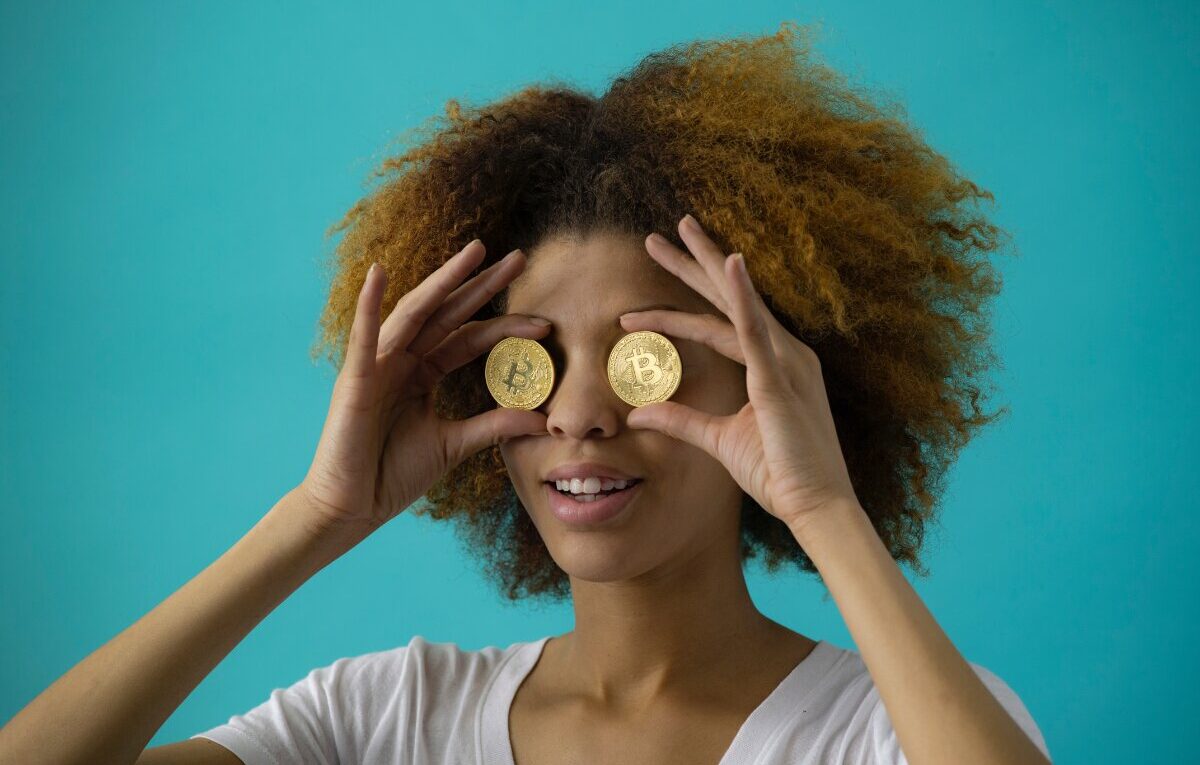NFTs: Bringing about the next level of funding charitable causes
NFTs are leading a revolution in fundraising for the marginalised. They are reaching out to a global audience and rewarding them for their contributions
Non-fungible tokens (NFTs), backed by the same technology that powers cryptocurrencies, are now helping to create social change. They are facilitating charitable fundraising for many causes. These can range from female empowerment to funding philanthropic work in war-torn nations like Ukraine.
The possibility to use NFTs to support charitable projects for a variety of socially significant causes might fuel the asset class’s next phase of growth.
Since an anonymous donor established the Pineapple fund in 2017 by contributing 5,104 Bitcoins to promote causes such as foreign relief and life-extension research, crypto-based donations have grown in popularity.
By reaching out to a worldwide audience and rewarding them for their efforts, NFTs are spearheading a new revolution in charitable fundraising for the marginalised. When the revenues from an NFT sale are donated to a good cause, the donors receive one-of-a-kind NFTs that can be traded.
Last year was a watershed moment for NFTs, with the overall market cap reaching a new high of $44.2 billion. Their popularity are partly due to the robustness of the underlying blockchain technology.
NFTs are commonly utilised to represent real estate, popular art, intellectual property (IP), and other applications requiring authenticity and proof of ownership.
Despite being a relatively new phenomenon, NFTs have successfully infiltrated mainstream commerce.
The world is entering the next phase of the digital revolution. There are clear indications that NFTs will become a vehicle for social change; from altruistic programs to celebrity partnerships and other forms of cryptocurrency-based donations.
NFTs are often completely charitable, with donors drawn to charities that share similar ideals to their own. There are fundamental benefits with crypto and blockchain technology. All revenues go straight to those in need without any intermediaries.
This method of contribution has inspired artists, celebrities, socialites, and the wealthy to interact with charity initiatives. Bitcoin essentially replacing actual currency in a win-win situation for all parties involved.
The most common causes benefiting from NFT donations are fighting the COVID-19 pandemic, animal welfare efforts, mental health and wellbeing, fighting poverty and climate change. It has also spawned a slew of new philanthropic organisations that connect contributors and recipients from all over the world.
By connecting NFTs to a larger cause, participants can become more engaged and receive immediate information on the impact of their gifts.
Environment-focused charities that auction NFTs protecting endangered wildlife also keep buyers informed about how the monies spent.
This creates hitherto unseen openness while also benefiting society and the environment. ChangeDAO and KRebels are good examples of how social entrepreneurs engage with a worldwide audience. They focus on often-overlooked communities or concerns through NFT projects.
The world has also seen how NFTs have rushed to Ukraine’s rescue during their time of need.
The country is selling NFTs in the same way that war bonds were previously sold to raise funds. Individuals and social organisations have also teamed together to sell NFTs to give aid to the country. One that springs to mind is Vitali Klitschko, the brother of Kyiv mayor Vitali Klitschko. He is raising cash for Red Cross Ukraine and UNICEF through his NFT Vandalz for Ukraine: WhIsBe x Wladimir Klitschko. The country has received over $60 million in cryptocurrency donations.
NFTs are non-fungible and non-interchangeable by design. Each one is one-of-a-kind and has the potential to appreciate in value due to inherent exclusivity and scarcity. This is why collectors go crazy for NFTs from altruistic enterprises; realising that they could be worth more in the future than a piece of art.
Thought leaders have hailed blockchain as the most significant technological convergence since the internet’s inception.
Its uses include peer-to-peer smart contracts, digital asset production, and data collection.
The Digital Arts for Social Impact (DASI) project is a creative collection of NFTs issued on the blockchain in conjunction with artists all around the world. The earnings from the sale of these NFTs support disadvantaged children’s education. They also improve their living situations in rural areas around the world.
NFTs are a new and innovative way to achieve societal parity while simultaneously rewarding supporters with potentially valuable digital assets. More innovators and entrepreneurs are likely to collaborate and broaden the scope of NFT-based fundraising. This should help encourage a better society for future generations.


